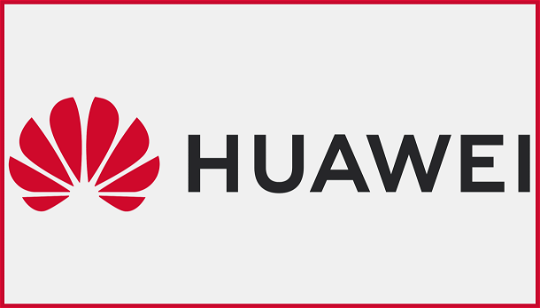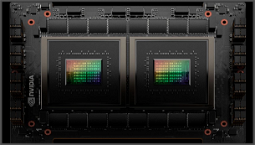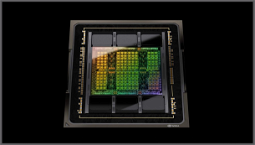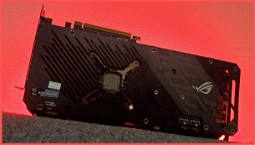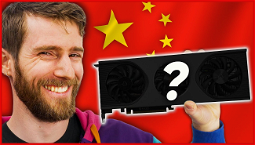Huawei’s Ascend 910 GPU could boost Chinese AI
Huawei’s GPU capabilities are reportedly on par with Nvidia, thanks to a partnership with iFlytek, which could help reduce reliance on the GPU maker.
This advancement could have a significant impact on the Chinese AI industry and its ability to train large-scale AI models, thanks to the partnership between Huawei and iFlytek, a Chinese tech company and Huawei partner. Speaking at the Yabuli China Entrepreneurs Forum, iFlytek founder and chairman Liu Qingfeng says that Huawei’s GPU capabilities now match those of Nvidia’s A100 GPUs, which could boost Chinese AI efforts.
Officially, Huawei hasn’t announced the development of its own compute GPUs, but iFlytek’s comments shed light on the Chinese company’s relationship with the tech giant. Regardless, Huawei’s progress in the GPU sector is a notable achievement given Nvidia’s longstanding dominance in both high-performance computing and AI.
“Due to the US embargo, our reliance on Nvidia’s compute GPUs is a major limitation,” Liu remarks. “Chinese AI algorithms are strong, but our computational capabilities have traditionally lagged behind Nvidia.”
iFlytek’s ambitious plans to compete with ChatGPT and GPT-4 highlight its commitment to advancing AI technology. However, the company has already launched a cognitive large-scale model, featuring seven core abilities.
“Our iFlytek’s first general-purpose artificial intelligence model will be launched by October this year,” Liu adds. “We will compete with ChatGPT and GPT-4 by the first half of 2024.”
iFlytek’s model is already used by the Chinese government and Alibaba, and it has also partnered with Huawei for its Ascend 910 AI accelerator. However, its collaboration with three Huawei board members highlights the importance of Huawei’s GPU advancements.
“We have been using Huawei’s Ascend 910 AI accelerators for our AI efforts,” Liu remarks. “However, Huawei has its own GPU chips which are now comparable to Nvidia’s A100 GPUs, which are very strong.
“This could lead to more market access for Chinese companies,” Liu continues. “The Chinese government will also be very happy.”
